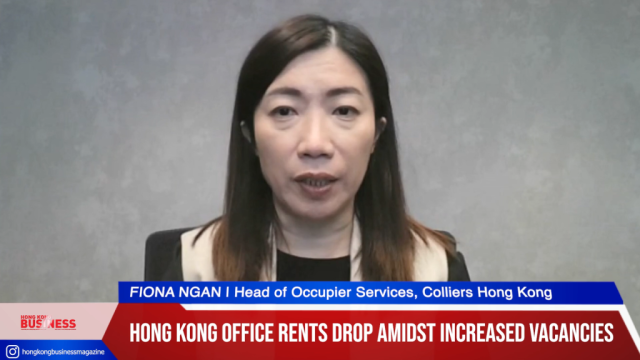Hong Kong has the highest level of globalization for the second time
Hong Kong 's top place in The Globalization Index is seen to continue through 2015.
The Globalization Index 2011 released by Ernst & Young in cooperation with the Economist Intelligence Unit (EIU) shows that Hong Kong ranks the highest level of globalization among 60 largest economies in the world for the second consecutive year.
Agnes Chan, Regional Managing Partner, Hong Kong and Macau of Ernst & Young says, “Hong Kong retains its position as the most globalized economy in the world. We performed well in cultural integration, openness to trade and movement of capital and finance. Hong Kong has been regarded as one of the most important international financial centers and is playing a very significant role in the world. Hong Kong is the gateway for overseas investors to enter into and to invest in mainland China, as well as the springboard for Chinese enterprises to expand into the international market.”
The Ernst & Young globalization report 2011 draws on two sources of original research: a survey of 1,000 senior business executives worldwide, conducted in late 2011, canvassing their thoughts on globalization, and Ernst & Young’s Globalization Index, which measures the world’s 60 largest economies according to their degree of globalization relative to their GDP. Their indicators include openness to trade; capital movements; exchange of technology and ideas; labor movements; and cultural integration. Hong Kong ranks first in cultural integration, second in openness to trade and capital movements, ninth in exchange of technology and twelfth in movement of labor.
Wilson Cheng, Tax and Business Advisory Services Partner of Ernst & Young, comments, “Despite uncertain economic times, globalization continues. This is a trend that is expected to continue through 2015. It is important to note that this year 14 of the world’s 60 largest economies according to their degree of globalization relative to their GDP come from Asia Pacific. It proves that the underlying trends we identified in our first globalization report in 2009 – changing demographics and shifts in capital from North to South and West to East – are continuing to shape the global economy and the globalization of business.”
Chan adds, “Despite its success as the most globalized economy in the world, Hong Kong should not rest on its laurels. Hong Kong is facing an intense challenge to maintain its number one status in terms of globalization. Hong Kong should enhance qualitative measures to improve the quality of life to attract talent and professionals as well as facilitate labor and talent immigration. We have to tackle the issues in terms of environmental pollution, the education system and housing policies. In order to retain our role as one of the most important international financial centers and the most globalized economy, we have to advocate internationalism, ensure free flow of information and reinvent the city to boost our competitiveness.”
This report has also uncovered four fundamental business challenges that companies must navigate in the years ahead. These four challenges are:
1. Succeeding in rapid-growth markets is harder than it used to be.
Succeeding in rapid-growth markets is becoming more difficult because costs are rising, competition is becoming more intense and growth, while still rapid compared with that of the developed world, is slowing. Companies will have to shed their organizational baggage, devise innovative strategies that will secure a quick payoff and take a broader stakeholder view toward the investment.
2. One size does not fit all markets.
As companies diversify into markets with vastly different prospects and business environments, they face increasing operational complexity. Companies will have to integrate networks according to logically grouped markets, rethink approaches to outsourcing as well as investigate the benefits of near-sourcing.
3. Policy has become more important and less predictable.
An uncertain and dynamic policy environment – especially rising protectionism – is causing considerable concern. Companies should engage with policy-makers to make the right decisions, combine local knowledge with global coordination and build stronger relationships with tax administrations.
4. Good people are hard to find.
Companies everywhere find it increasingly difficult to match suitable candidates with available positions. To help deal with the problem, companies should put the best talent in the most promising markets, promote managers in line with the pace of the market and revamp the expatriate model.























 Advertise
Advertise








